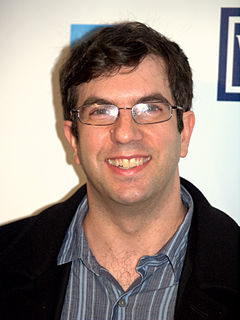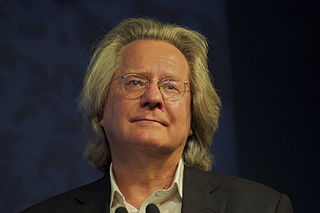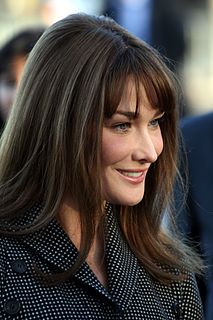A Quote by Thomas Jefferson
SIR,-Your letter of February the 18th came to hand on the 1st instant; and the request of the history of my physical habits would have puzzled me not a little, had it not been for the model with which you accompanied it, of Doctor Rush's answer to a similar inquiry. I live so much like other people, that I might refer to ordinary life as a history of my own. Like my friend the Doctor, I have lived temperately, eating very little animal food, and that not as an aliment, so much as a condiment for the vegetables, which constitute my principle diet.
Quote Topics
Animal
Animal Food
Answer
Been
Came
Constitute
Diet
Doctor
Eating
February
Food
Friend
Habits
Had
Hand
History
Inquiry
Instant
Letter
Life
Like
Little
Live
Lived
Me
Might
Model
Much
My Friend
My Own
Ordinary
Ordinary Life
Other
Own
People
Physical
Principle
Puzzled
Refer
Request
Rush
Similar
Sir
The History Of
Vegetables
Very
Which
Would
Your
Related Quotes
I said I didn't think it would be a collectivist state so much as a wilderness in which most people lived hand to mouth, and the rich would live like princes - better than the rich had ever lived, except that their lives would constantly be in danger from the hungry predatory poor. All the technology would serve the rich, but they would need it for their own protection and to assure their continued prosperity.
I'd been influenced by reading books on art and colonies that existed in Paris and places like that and so when I came to Europe I came to France and I had very little money, and I had to live low and stayed in a bohemian section of Paris with a lot of other students, who were from medical school, science school and art school. We all lived in a kind of communal way and I was challenged politically, because I didn't have a clue and they would ask me questions about the Algerian War, which was very big in France in the late '50s.
The 'black armband' view of our history reflects a belief that most Australian history since 1788 has been little more than a disgraceful story of imperialism, exploitation, racism, sexism and other forms of discrimination. I take a very different view. I believe that the balance sheet of our history is one of heroic achievement and that we have achieved much more as a nation of which we can be proud of than which we should be ashamed.
Whole great chunks of written history are of little value to the psychohistorian, while other vast areas which have been much neglected by historians - childhood history, content analysis of historical imagery, and so on - suddenly expand from the periphery to the center of the psychohistorian's conceptual world, simply because his or her own new questions require material nowhere to be found in history books.
I tried the paleo diet, which is the caveman diet - lots of meat. I tried the raw food vegan diet. And I tried the calorie restriction diet, which is the idea is that if you eat very, very little - if you're on the verge of starvation, you will live a very long time. Whether or not you want to, of course, is the idea.
Socrates famously said that the unconsidered life is not worth living. He meant that a life lived without forethought or principle is a life so vulnerable to chance, and so dependent on the choices and actions of others, that it is of little real value to the person living it. He further meant that a life well lived is one which has goals, and integrity, which is chosen and directed by the one who lives it, to the fullest extent possible to a human agent caught in the webs of society and history.
Now I'm not going to go, "Oh my God, what are people saying about me?" I had a choice to be a student and not become a model, and becoming a doctor was another one of my dreams. I had a choice between not becoming a singer or becoming a songwriter and writing behind the scenes; nobody would have seen me writing songs for other people. I had the choice of not marrying my man; we could have just been hidden lovers, but I couldn't cope with it. I had these choices to do all these things, so I'm not going to cry over a life which has been really lucky.
Simply put, Cavemen's diet is a diet plan which suggest food eaten by the cavemen. Cavemen ate what was available - like meat, vegetables and a few nuts. What we grow for food is carbohydrates, and that leads to weight gain. I started this diet a few years ago, and ever since, I haven't had carbs at all.
































